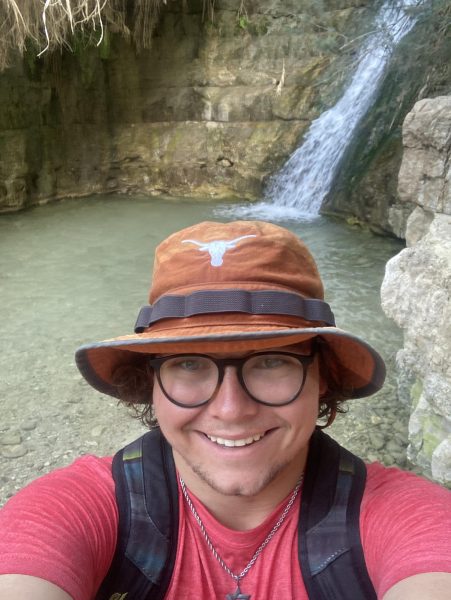Students participating in the Carleton Environmental Studies Program’s (ENTS) comps this year experienced numerous problems and changes to its comps structure for the class of 2024. The comps, the cumulative academic project present in every department and program at Carleton, encountered problems this year after numerous disruptions to the process with what students described as “chaotic.”
Aaron Swoboda, the current director of the Environmental Studies program, told the Carletonian that multiple factors contributed to the problems of the ENTS comps program.
“A confluence of retirements, sabbaticals and other faculty obligations left the Environmental Studies Program with fewer faculty available to participate in the comps process this year than is typical,” said Swoboda.
Several students, however, blamed this year’s comps advisor, Associate Professor of Environmental Studies Tsegaye Nega, for the comps “debacle.” An anonymous ENTS student that completed comps this year recalled the way that the ENTS comps usually starts: “We get to choose projects in the fall,” said the student. “This year though, the advisor, Tsegaye Nega, told us that our projects had to be related to Carleton or Northfield, or to make our own projects. He said that ENTS is different from humanities and STEM because we can do scientific research that’s focused on actual possible action.”
Another ENTS student in the class of 2024 who asked to remain anonymous said the topics were previously chosen differently. “I know the department has given out topics in the past,” said the student. “Doing research on something related to Northfield or Carleton was something that nobody wanted to do. Everything else was just chaotic from there.”
The process continued with what students described as little oversight. “We were supposed to be getting grades and feedback for all of these things that we were turning in, and we didn’t get that,” said one of the students. “At some point we were supposed to get advisors, and we never heard anything back about that.”
The student also discussed not receiving grades or feedback on assignments turned in throughout the term: “He just gave everyone the same grade at the end of the term as far as I’m aware.”
The students were later advised to contact the Provost Office to get new advisors for their comps until they were contacted by the head of the ENTS department. “An exam made nobody happy,” said one student. “We would have nothing to show to grad schools.”
“We were in limbo for a while until [Swoboda] sent an email saying that we were going to take a test,” said another student. “A test has been an alternative option for a comps. People have done it in the past.”
This sparked a response from one of the SDAs, according to the student. This sparked conversation with the department that eventually led to a comps project to be completed in the spring, with students given the option to take the exam if they would preferred. According to one student who spoke to the Carletonian, one of the majors chose to take the test and the rest chose to complete the project..
“One of the SDAs sent a very strongly worded email and after that we got an email saying that they would figure something out,” they said. “After that, we got our new advisors, one of them was a postdoc which I don’t think has ever happened before, and we had until eighth week of Spring Term to finish our comps.”
The department is taking efforts to avoid what happened this year from happening next year. Mike Kowalewski, a professor in the ENTS program, commented on some of the various ways that ENTS hopes to make the comps process easier next year. “I sincerely regret what the ENTS seniors have had to go through this year and I’ve been working this spring with other ENTS faculty to help generate new comps topics for next year.”
Aaron Swoboda added that the process next year will be more in line with the traditional ENTS timeline. “As part of the fall senior seminar, student teams will be formed and work together with their advisers and the seminar instructor to create formal research proposals,” said Swoboda. “The teams of faculty and students will then implement the comps projects as a part of ENTS 400 in winter term.”
Both Swoboda and Kowalewski believe that the changes next year will come with great help to the new people coming into the program. “Staff changes do appear to be in the offing,” said Kowalewski. “Apparently, a new ENTS Director has been hired for next year as well as a promising new post-doc, so I’m hoping to see ENTS get back on track next year.”
The new faculty will include post-doc Roger Faust ’19, a Carleton graduate and current PhD student at the University of Minnesota. Faust and the incoming ENTS Program Director, Devavani Chatterjea, will serve as the new additions to the ENTS community.
“There are lots of things to be optimistic about,” said Swoboda. “The program looks forward to an influx of new faculty after two successful hires this year. Devavani Chatterjea will become our new Environmental Studies Program Director and teach courses related to environmental justice. Roger Faust’s work fostering natural resource management collaboration between Tribal communities, conservation agencies and academic institutions will bolster our program and ties to other important parts of campus. Undoubtedly these new voices and perspectives will help us revise and improve our major curriculum, campus presence, and more.”












